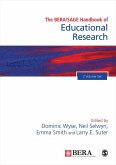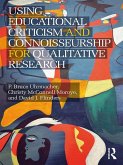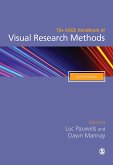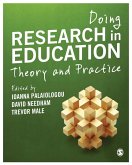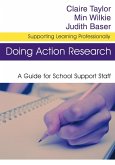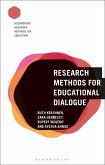This handbook presents and critiques predominant and emergent traditions of Educational Action Research internationally. Now a prominent methodology, Educational Action Research is well suited to exploring, developing and sustaining change processes both in classrooms and whole organisations such as schools, Departments of Education, and many segments of universities.
The handbook contains theoretical and practical based chapters by highly respected scholars whose work has been seminal in building knowledge and expertise in the field. It also contains chapters exemplifying the work of prominent practitioner and community groups working outside universities.
The Editors provide an introduction and conclusion, as well as an opening chapter which charts the historical development of action research and provides an analysis of its underlying theories. The handbook is organized into four sections, each beginning with a short introduction:
-Action research methodology: diversity of rationales and practices
-Professional: Knowledge production, staff development, and the status of educators
-Personal: Self-awareness, development and identity
-Political: Popular knowledge, difference, and frameworks for change
This is a key resource for scholars and graduate students at doctors and masters levels, as well as school leaders and administrators.
Susan Noffke is Associate Professor of Curriculum & Instruction at the University of Illinois - Urbana/Champaign and co-editor with R.B. Stevenson of Educational Action Research (Teachers College Press, 1995). She taught at the primary school level for a decade, and has led masters and doctoral level courses in action research for the past 20 years. She continues to work with many collaborative projects with schools and school districts.
Bridget Somekh is Professor of Educational Research at Manchester Metropolitan University, UK. She is a founder editor of the Educational Action Research journal and has been a co-ordinator of the Collaborative Action Research Network (CARN) for many years. She is co-editor of Research Methods in the Social Sciences (SAGE: 2005) and author of Action Research: a Methodology for Change and Development (Open University Press: 2006).
The handbook contains theoretical and practical based chapters by highly respected scholars whose work has been seminal in building knowledge and expertise in the field. It also contains chapters exemplifying the work of prominent practitioner and community groups working outside universities.
The Editors provide an introduction and conclusion, as well as an opening chapter which charts the historical development of action research and provides an analysis of its underlying theories. The handbook is organized into four sections, each beginning with a short introduction:
-Action research methodology: diversity of rationales and practices
-Professional: Knowledge production, staff development, and the status of educators
-Personal: Self-awareness, development and identity
-Political: Popular knowledge, difference, and frameworks for change
This is a key resource for scholars and graduate students at doctors and masters levels, as well as school leaders and administrators.
Susan Noffke is Associate Professor of Curriculum & Instruction at the University of Illinois - Urbana/Champaign and co-editor with R.B. Stevenson of Educational Action Research (Teachers College Press, 1995). She taught at the primary school level for a decade, and has led masters and doctoral level courses in action research for the past 20 years. She continues to work with many collaborative projects with schools and school districts.
Bridget Somekh is Professor of Educational Research at Manchester Metropolitan University, UK. She is a founder editor of the Educational Action Research journal and has been a co-ordinator of the Collaborative Action Research Network (CARN) for many years. She is co-editor of Research Methods in the Social Sciences (SAGE: 2005) and author of Action Research: a Methodology for Change and Development (Open University Press: 2006).
Dieser Download kann aus rechtlichen Gründen nur mit Rechnungsadresse in A, D ausgeliefert werden.



